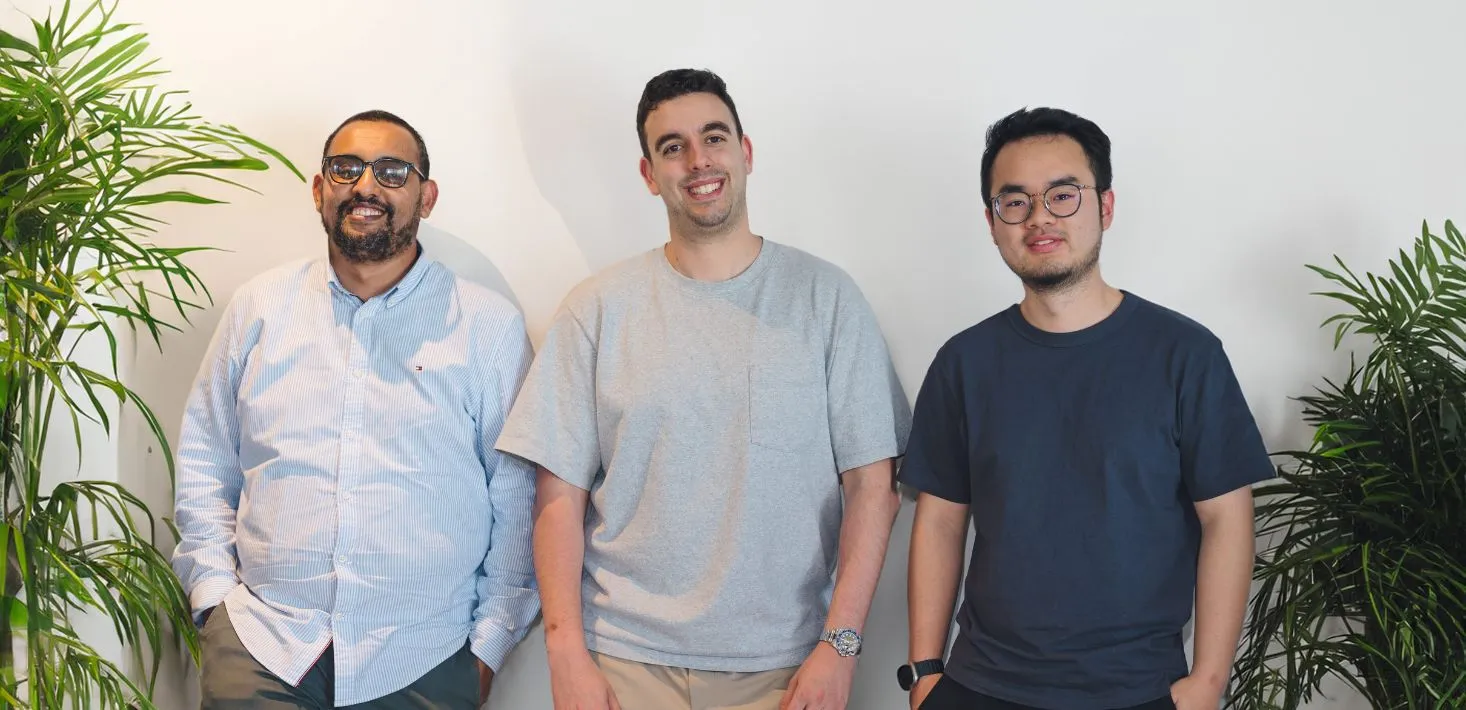Heidi Health’s flagship product, Heidi Clinician, utilizes “artificial general intelligence” to automate tedious administrative tasks for clinicians.

Melbourne-based health tech startup Heidi Health has raised A$10 million ($6.5 million) in a Series A funding round led by Blackbird Ventures. The round, led by Hostplus, Hesta, Wormhole Capital, Archangel Ventures, Possible Ventures, and Saniel Ventures, brings Heidi Health’s total investments to A$15 million ($9.7 million). The funding will help advance the development and implementation of Heidi Health’s AI-driven solutions, which aim to revolutionize the healthcare industry by enhancing patient care and streamlining processes.
Founded just two years ago, Heidi Health, formerly known as Oscer, was established by Dr. Thomas Kelly, a vascular surgery registrar, alongside Waleed Mussa and Yu Liu. The startup’s mission is to harness artificial intelligence (AI) to enhance patient experiences while improving clinicians’ working conditions.
Heidi Health’s flagship product, Heidi Clinician, utilizes “artificial general intelligence” to automate tedious administrative tasks for clinicians. This includes tasks such as history gathering, ward round list creation, clinical audits, note writing, document creation, discharge summaries for billings optimization, and referral processing. Currently adopted by 100 GPs in 30 clinics across Australia, Heidi Clinician has become a vital solution for healthcare professionals.
The fresh funds will be utilized by Heidi Health to further develop Heidi Clinician and expand its adoption among clinics and GPs in Australia. The startup employs a dual approach by directly connecting with clinicians for product adoption while seeking partnerships with organizations and software companies to integrate its AI offering.
Dr. Thomas Kelly emphasized the startup’s commitment to creating seamless experiences, especially for clinicians, and outlined plans for multiplayer features that facilitate collaboration among healthcare professionals. The funding will also support the expansion of Heidi Health’s team, encompassing doctors, designers, and engineers.
The significance of Heidi Health’s mission is underscored by the healthcare challenges facing Australia. The country is projected to experience a shortfall of around 10,600 GPs, with a 58% increase in demand for GP services by the end of the decade, according to the Australian Medical Association.
Clinicians are currently spending up to twice the time on paperwork and administrative tasks compared to providing essential care, contributing to patient outcomes and clinician burnout.
Dr. Kelly shared a personal anecdote highlighting the time constraints faced by clinicians and the inefficiencies in administrative processes. Heidi Clinician aims to address these challenges by leveraging AI to automate administrative components, optimizing the allocation of clinician resources to the patient population.
Heidi Clinician has demonstrated tangible benefits, with GP users saving between one to two hours of documentation, and psychologists and occupational therapists reducing the time to generate detailed reports by a third. This underscores the potential of AI-driven solutions in improving healthcare efficiency and outcomes.
Heidi Health is positioned to stand out in a competitive landscape, emphasizing its foundation by a clinician and a deep understanding of the healthcare industry’s data, security, privacy, and compliance challenges. As the healthcare sector increasingly embraces AI solutions, Heidi Health’s focus on building a sustainable moat at every level of its product demonstrates its commitment to excellence in the evolving landscape of healthcare innovation.